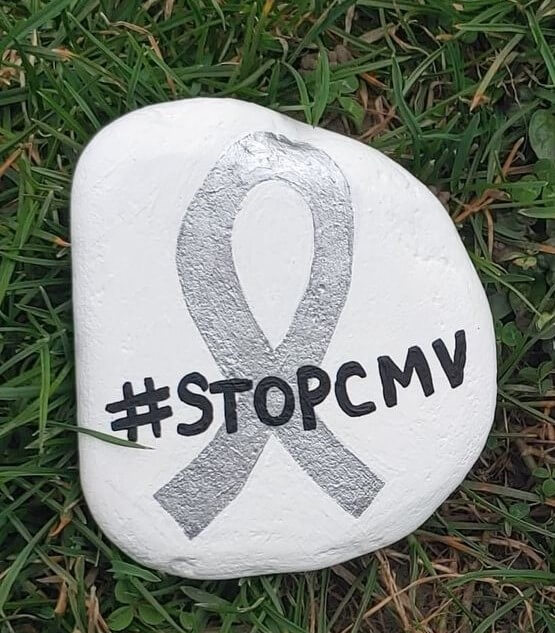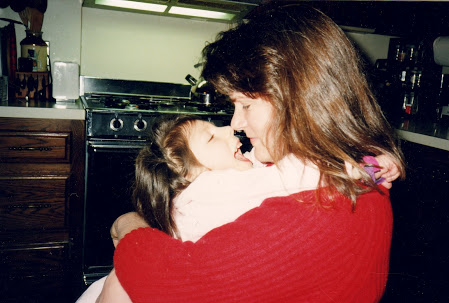
Elizabeth’s Law for CMV Education Passes in New York
New York Governor Kathy Hochul recently signed Elizabeth’s Law, which requires that child care providers and certain physicians be provided with information about the impacts, dangers, treatments and methods of prevention of cytomegalovirus infection (CMV).
While CMV is a common virus for people of all ages, babies born with congenital CMV can develop serious health problems later on, such as hearing loss, developmental delays, vision loss or seizures. According to the CDC, CMV is the leading viral cause of birth defects.
The new law is named after Elizabeth Saunders, daughter of Lisa Saunders. Elizabeth was born with congenital CMV, and died during a seizure at age 16. Lisa was a childcare provider while she was pregnant with Elizabeth.
“Women who have or care for toddlers are at a higher risk for contracting CMV,” Lisa said in a press release.
After her experience, Lisa wanted to spread awareness and information about CMV and give other people the opportunity to learn how to protect their pregnancies from CMV.

“I believe this new law will help many families avoid the heartache we endured over our daughter’s suffering until her death at Nyack Hospital from a seizure,” Lisa says.
Dr. Sallie Permar, chair of the department of pediatrics at Weill Cornell Medicine, says this law can help connect expectant parents with important information.
“Expectant parents and caregivers of New York will be empowered to prevent the transmission of congenital CMV, the leading cause of birth defects and infant brain damage, because of this legislation,” Dr. Permar says.
Elizabeth’s Law in New York is the most recent example of Lisa’s efforts to change policy in her daughter’s memory. While living in Connecticut, she was able to help pass a law requiring that newborns are tested for CMV if they fail their hearing screen.
A similar law was passed in New York in 2018. Mothers, doctors and early interventionists are looking to amend this law and require that all newborns be tested for CMV. Earlier this year, Minnesota passed legislation like this, becoming the first state to pass legislation requiring every newborn be tested for CMV.
Parents and childcare providers can reduce their risk of getting CMV by reducing contact with saliva and urine from babies and young children. This includes limiting sharing of food and utensils and children and thoroughly washing your hands after changing diapers.
The CDC has information about CMV for parents and healthcare providers, as well as general information about CMV.

Psst… What you need to know about the antiviral and antibiotics shortage.






















